Since launching the Love Justice Podcast a few months ago, hosts Jason Dukes and Hannah Munn have been diving into powerful conversations with guests about the complexities of human trafficking and what it will take to truly end this heinous crime. With each new episode, we aim to expand awareness and create a platform for key voices in the anti-trafficking field to be heard.
In addition to these conversations, we also launched the first of our new “Stories Edition” episodes, hosted by Paula Cornell and featuring firsthand accounts of the impact of our work around the world.
Here are some brief snippets of recent episodes. If you like what you see, find us on your favorite listening platform and subscribe! Links below. (To catch earlier episodes, check out our first podcast feature blog.)
Episode 5: What Is Transit Monitoring?

with guests Briony Fickling and Julius-Lutalo Kiyingi
In this episode, LJI’s Senior Director of Anti-Trafficking, Briony Fickling, and Regional Steward for Eastern and Western Africa, Julius-Lutalo Kiyingi, talk about what transit monitoring looks like and why it’s so effective.
“Stories change. You know, someone says they're going to do domestic work, and then the suspected trafficker, because they know what they're doing is wrong … they know a 16, 14, 15-year-old child shouldn’t be taken across any international border or even within the country. They know this. And so, of course, when we call them, they start changing their stories. Someone who was going to do domestic work is all of a sudden now going to school. All these red flags pile up after another.” ––Kiyingi
Episode 6: Is Human Trafficking Really a Problem Today?
 with guests Austin Fleisher and Kirk Schweitzer
with guests Austin Fleisher and Kirk Schweitzer
International Justice Mission (IJM) Recruiter and friend of LJI, Austin Fleisher, along with LJI Chief of Staff, Kirk Schweitzer, talk about the problem of human trafficking in our world today and why it’s so difficult to combat.
“I think what makes it really hard to combat is there's a lot of financial incentivization and power incentivization. … It really requires government ownership and the ability of the government to increase the performance of the justice system by rescuing, restoring, and holding people who are perpetrating this violence, holding them accountable. And it's just not easy to build up the justice system capacity. It requires significant monetary training for … many members of the justice system, including police, lawyers, social workers, judges.” ––Fleisher
Episode 7: Stories Edition: A Monitor’s First Intercept
 Harrison, a monitor with Love Justice Kenya, shares about one intercept that had an impact on him—a young girl who reminded him of himself in many ways.
Harrison, a monitor with Love Justice Kenya, shares about one intercept that had an impact on him—a young girl who reminded him of himself in many ways.
“I asked her some few questions about why she was there at that time because she told me that she arrived at 4:00 a.m. in the morning. And those are weird hours in Nairobi. Anything can happen to her. You will just tell by the look of the face that she don't [sic] belong there, and she's new there, and she's just like someone who is waiting for something…” ––Harrison
You can listen at the episode link above or read it on our blog.
Episode 8: Why the Red Flag for the Logo?
 with guest Kirk Schweitzer
with guest Kirk Schweitzer
LJI Chief of Staff, Kirk Schweitzer, returns to explain what the red flag in our logo stands for.
“We have established a point value. Not every red flag is the same. There are some point values of red flags that will just ratchet this interception situation to the top. And we say, ‘Okay, this is a serious situation.’ An example of that would be sometimes potential victims are drugged and drowsy when they're crossing the border. … If we see that, that's ten out of ten; we're wanting to intervene, and we're involving the police if we can. Others are, they're not as significant. So we're looking for the accumulation of red flags to justify an intercept.” ––Schweitzer
As we continue sharing stories and insights through our podcast, we hope you’re inspired to stay engaged in “the long walk of justice and consistency” as we fight human trafficking together. These episodes are more than just information—they’re a call to action. We invite you to listen, share, and join us in this conversation for change.
*All data and statistics current at the date and time of publishing. Names and some specific locations excluded for privacy and security purposes.
-1.png?width=500&height=500&name=LJI_MAINLOGO_WhiteBackground%20(1)-1.png)



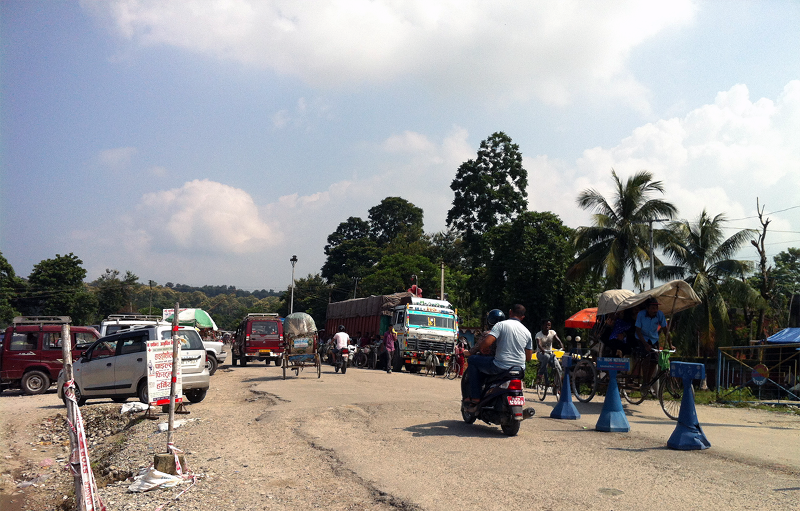
/bimala_feature_blog.webp)

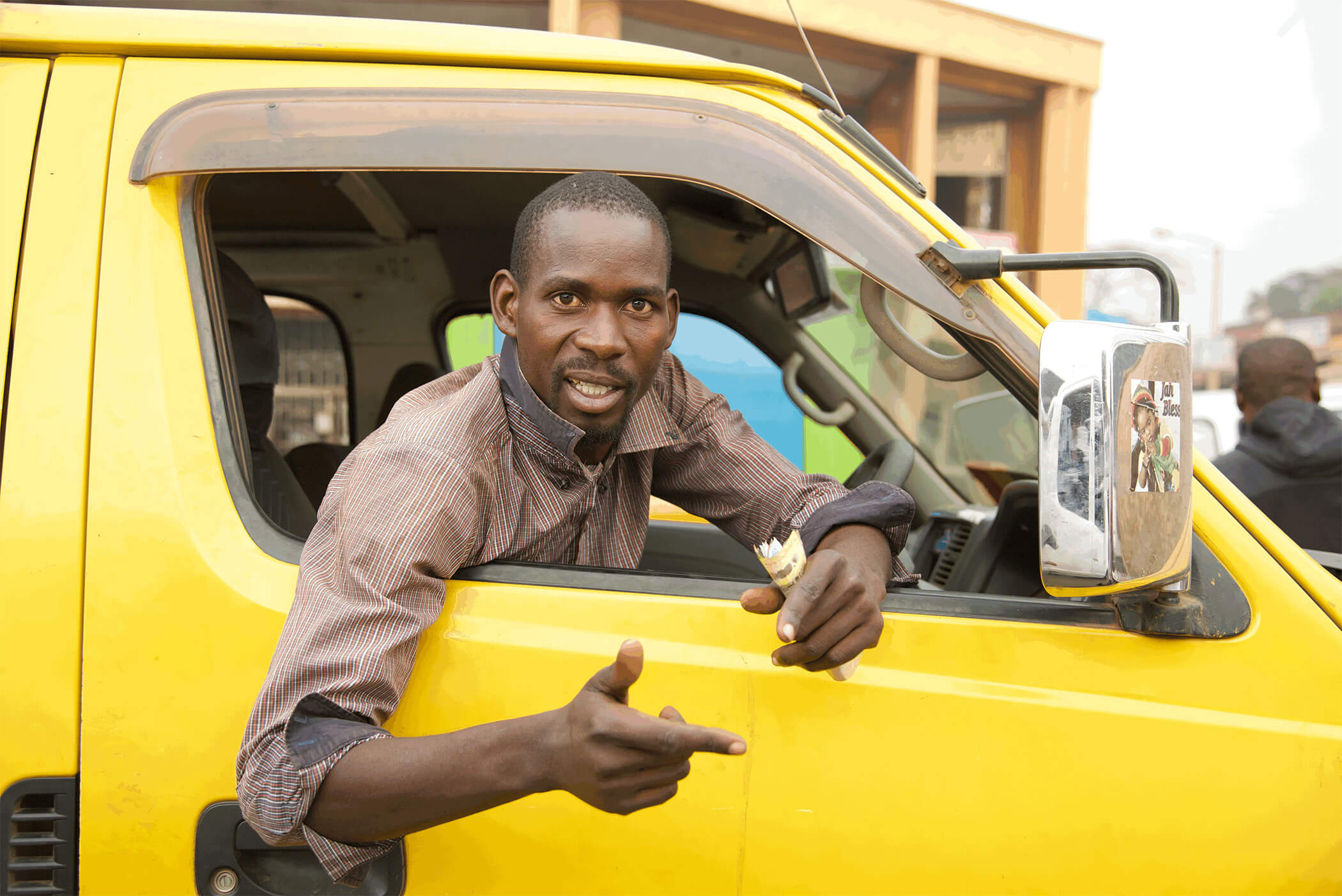
/boy_girl_asia_streets.webp)

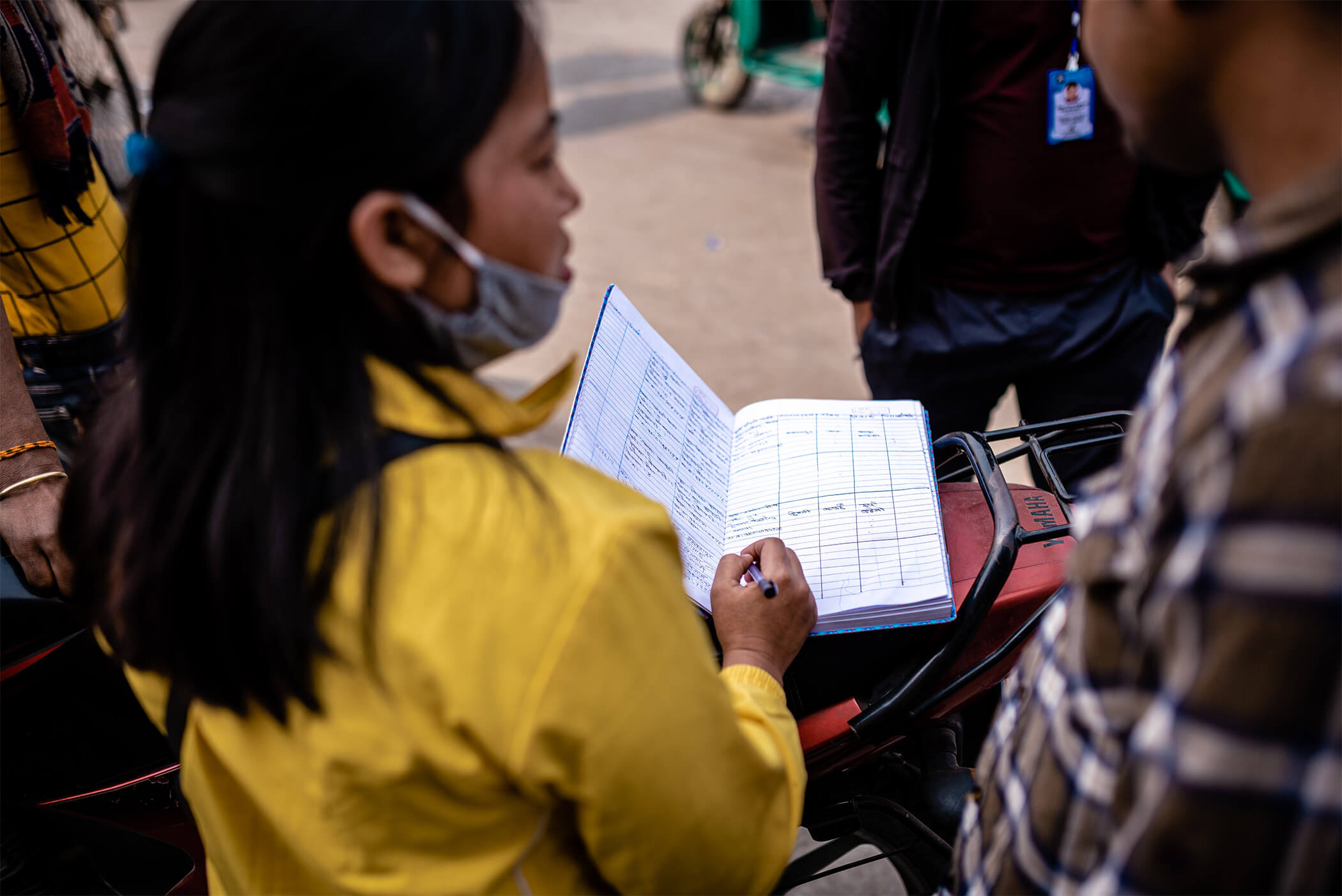




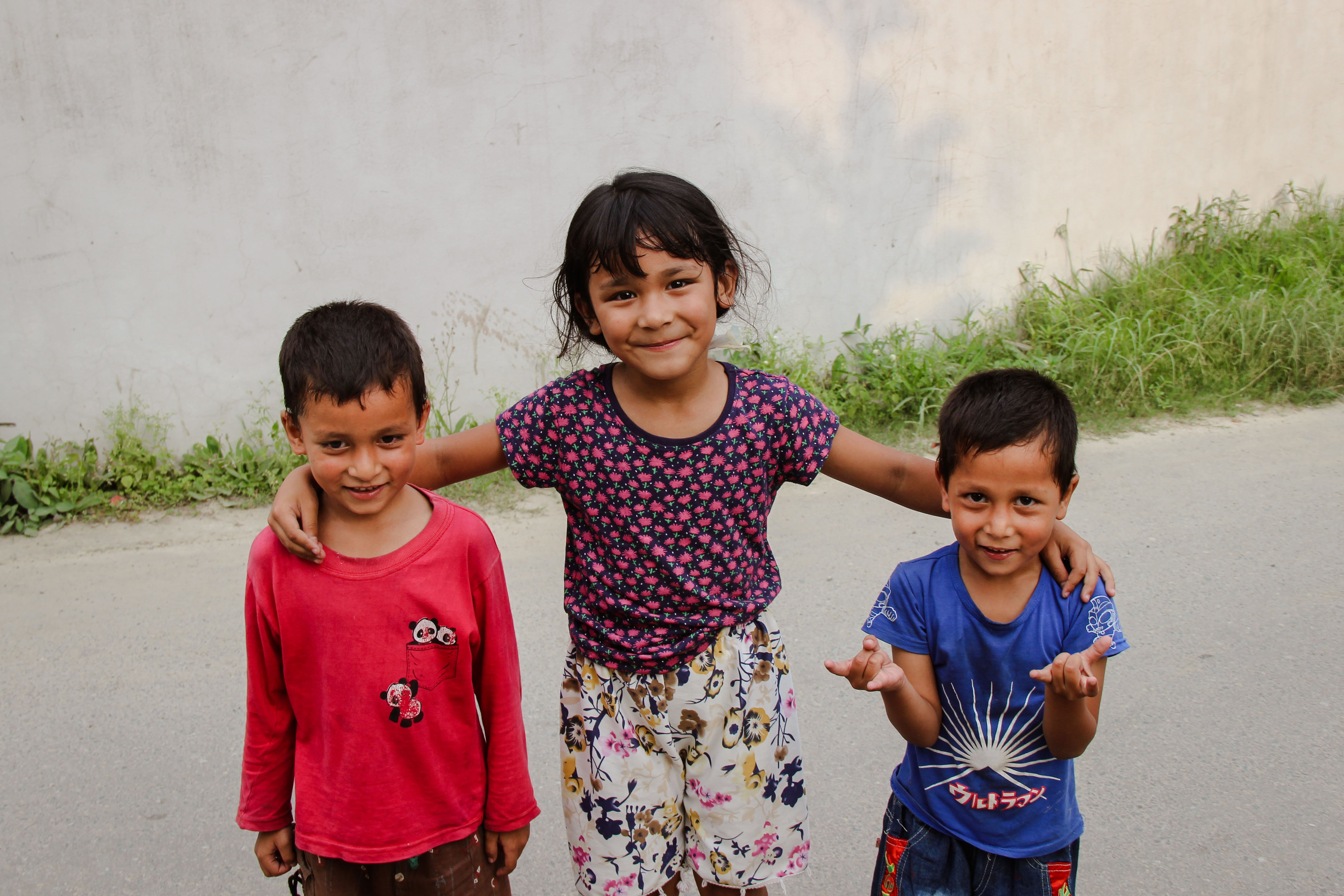
/help_end_human_trafficking_south_asia_streets_love_justice.webp)
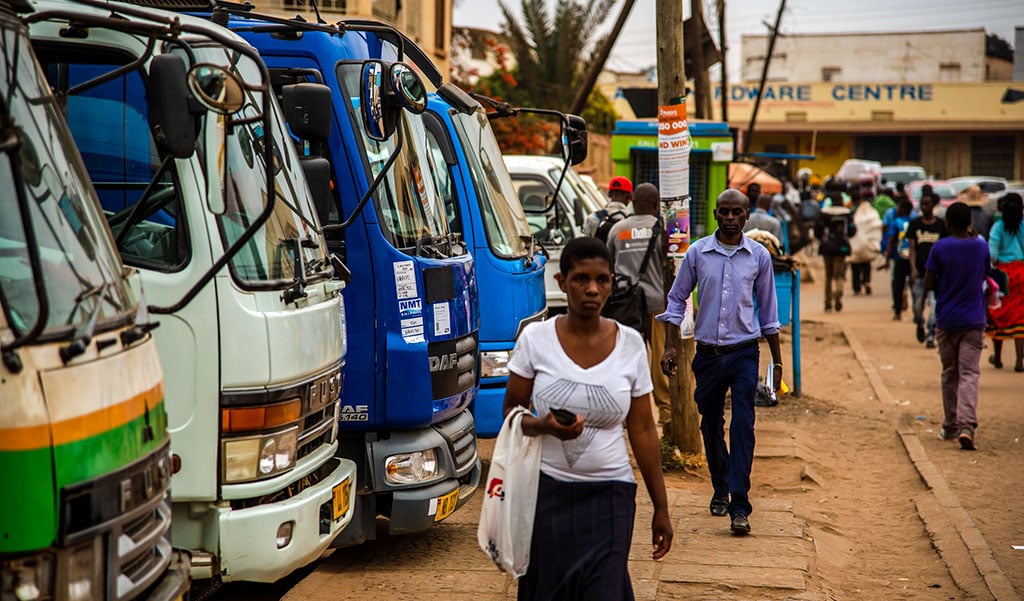
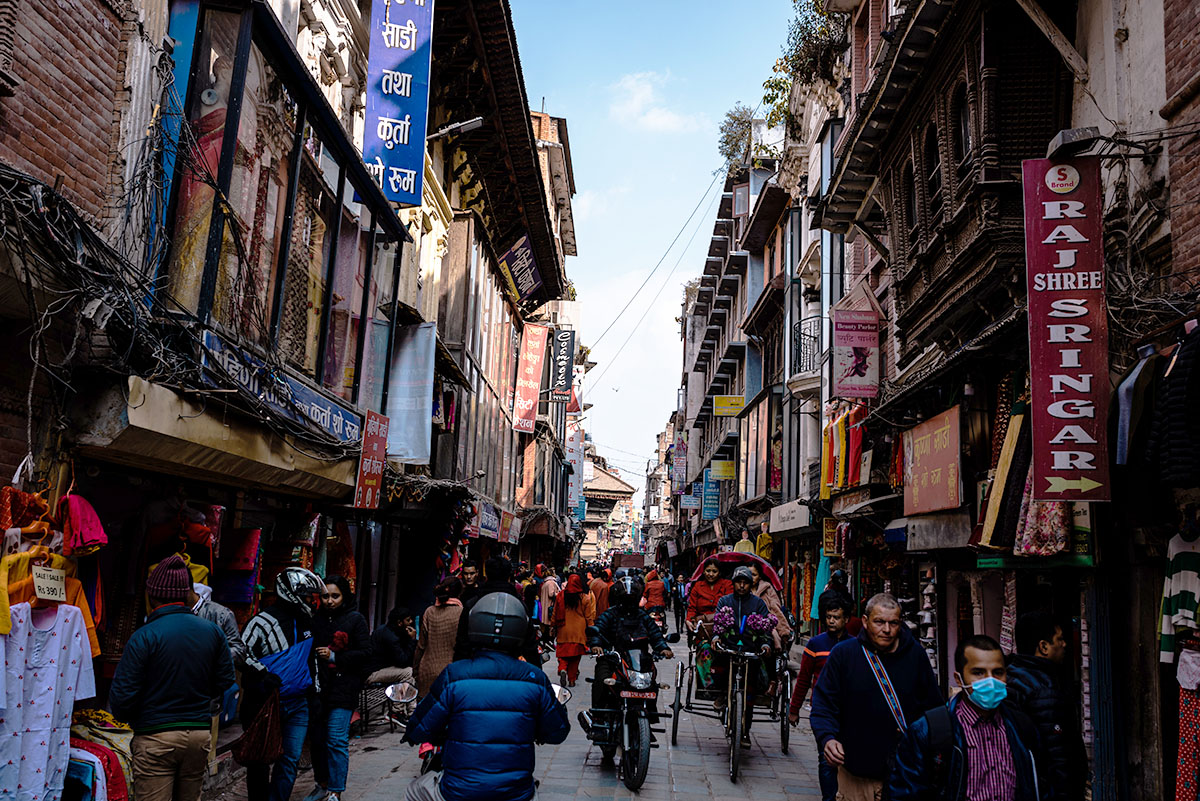
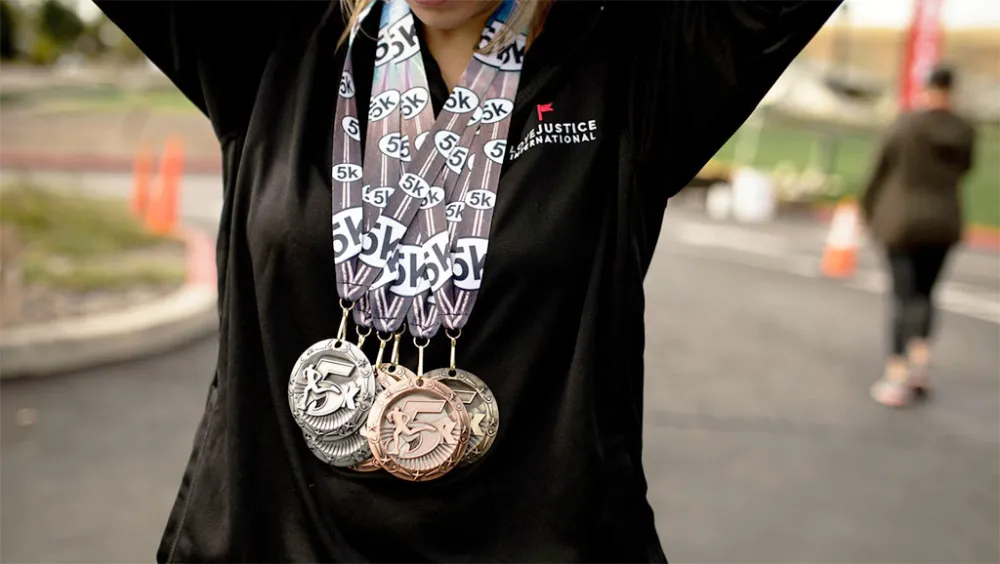
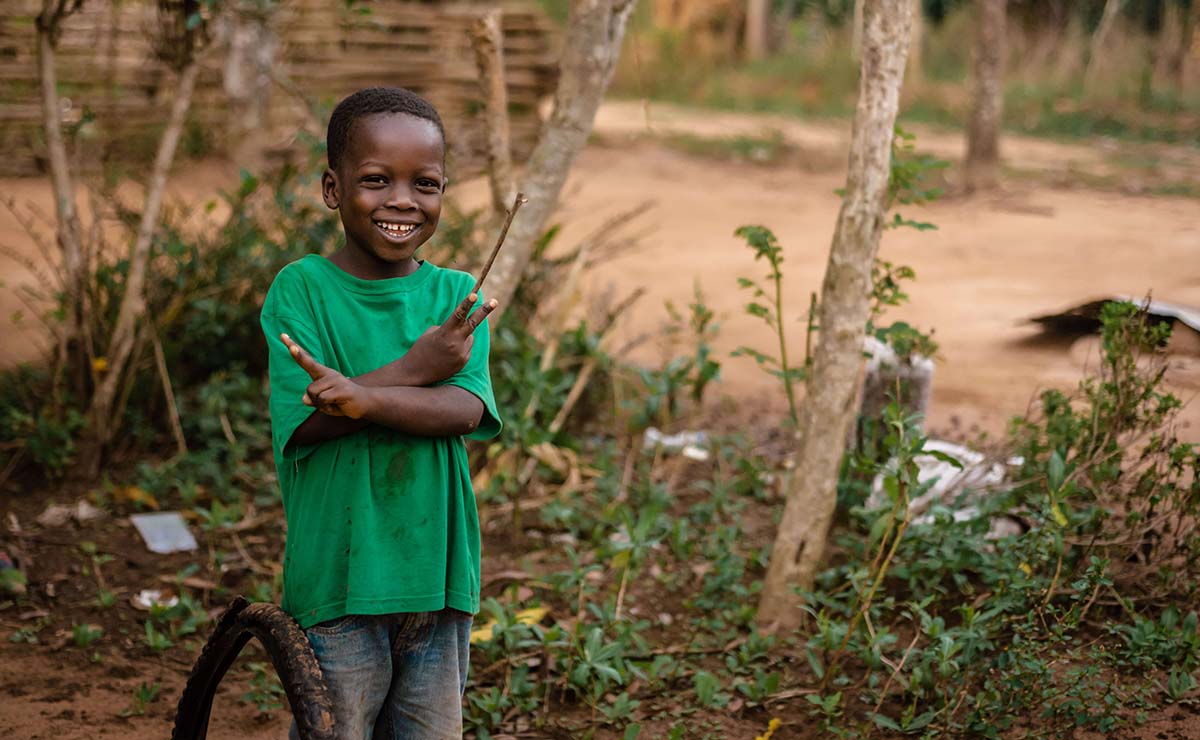
.jpg)
/africa_women_children_dirt_road.webp)

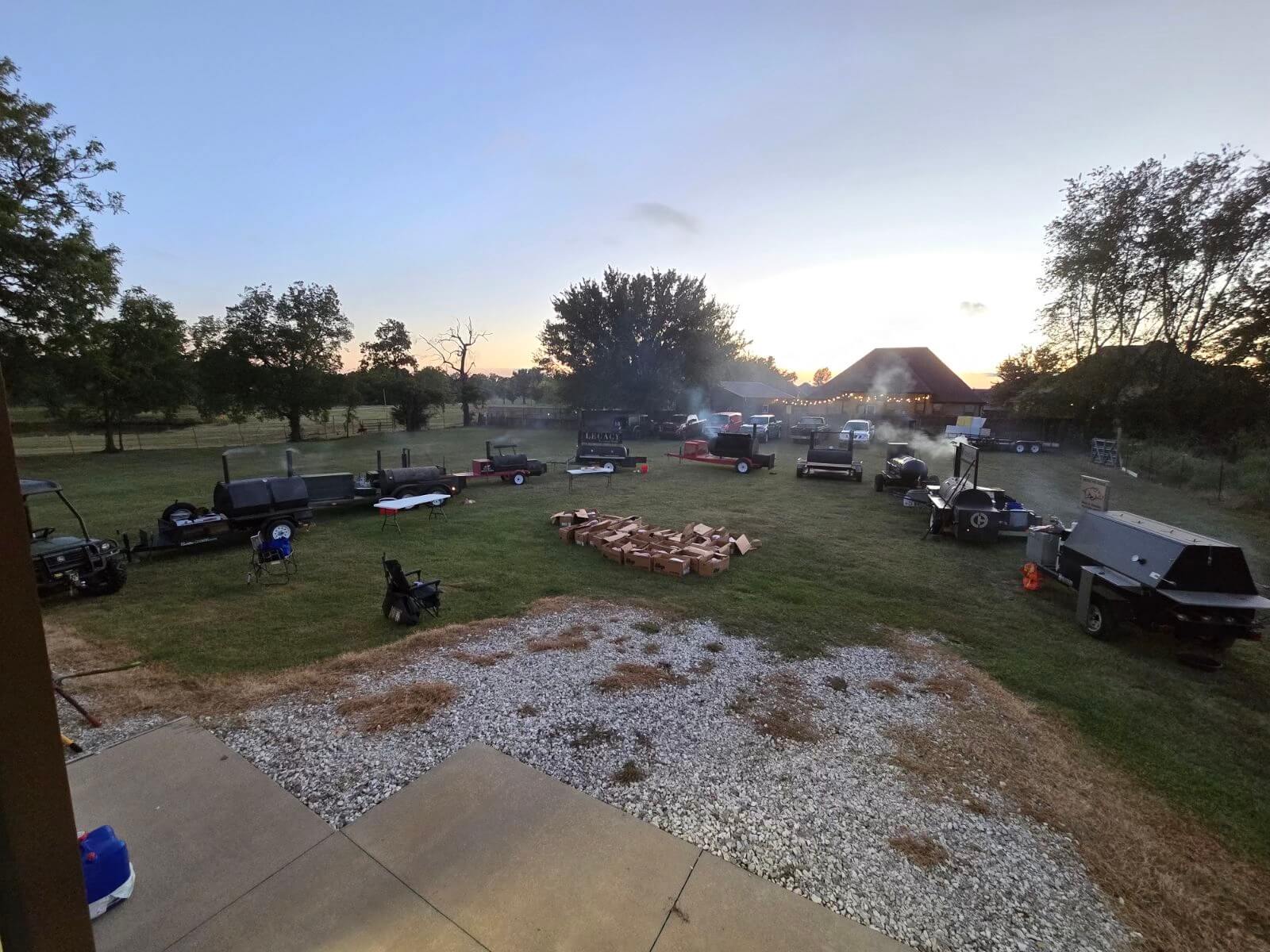
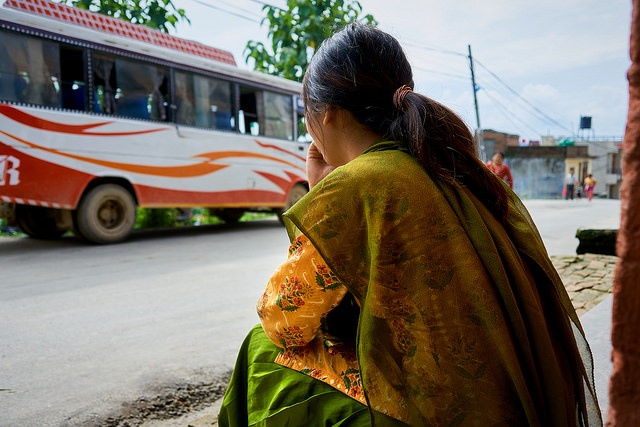




Post a comment